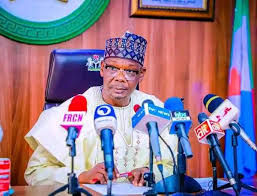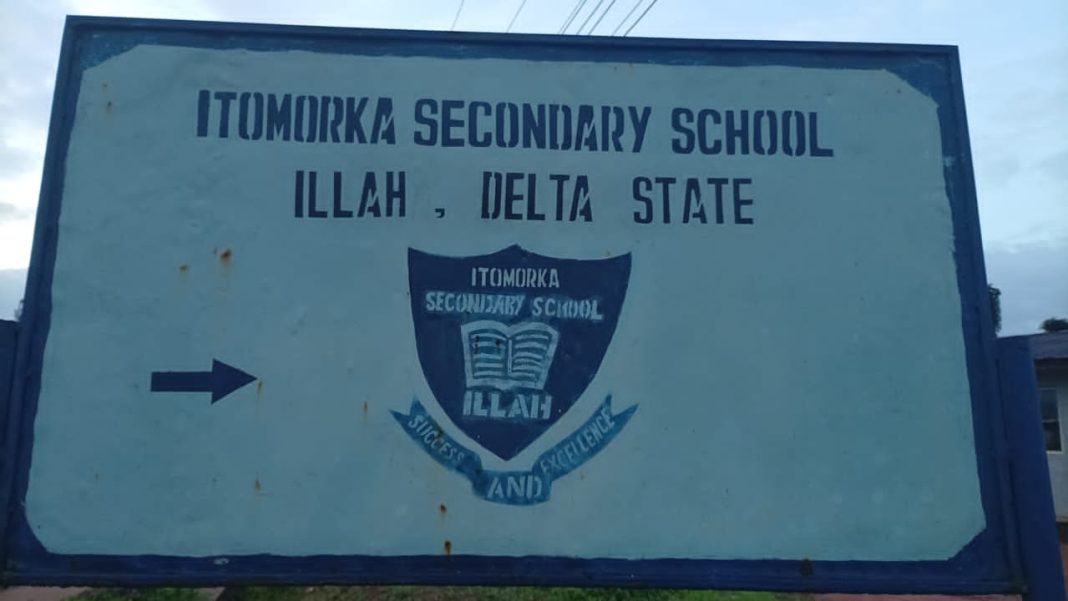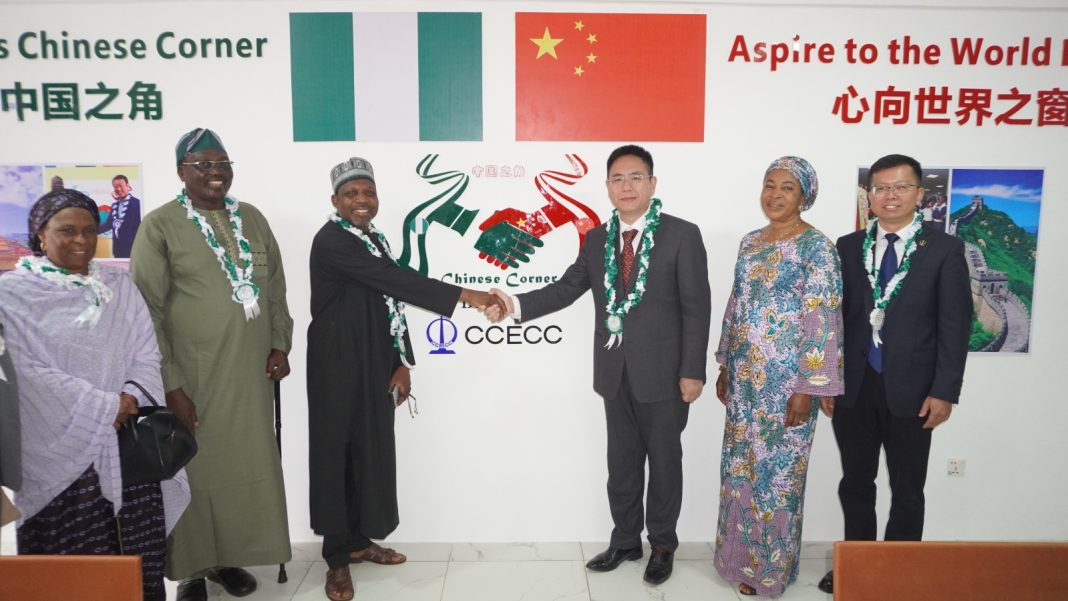By Leo Zwanke, Lafia
When Engineer Abdullahi Sule assumed office as governor of Nasarawa State in 2019, he carried the image of a technocrat — a disciplined businessman from the oil and gas industry who valued planning and execution.
By 2023, as he entered his second term, citizens demanded more than promises. They wanted proof: roads linking farms to markets, schools with roofs instead of open air, clinics where women could deliver safely, and water that would not sicken their children.
Halfway into his second tenure, the rural map of Nasarawa is changing. Roads once labelled “death traps” are now accessible. Abandoned schools are functional. Boreholes provide clean water, and clinics once imagined on campaign posters now serve real communities.
Yet governance is never a one-man effort. In Sule’s second term, two men have become the engine room: Accountant-General Dr. Ahmed Muhammed Musa, who enforces fiscal discipline and timely payments, and Secretary to the State Government (SSG) Barrister Labaran Magaji, who coordinates ministries and traditional institutions to translate policies into practice. Within government circles, they are known as the “two horsemen” of Sule’s tenure.
President Bola Ahmed Tinubu, during a working visit to Nasarawa, praised Sule’s leadership:
“From this moment on, you will have no regrets as you see hard work from A.A. Sule. He is striving to use resources for the benefit, stability, and prosperity of Nasarawa State.”
Tinubu also urged the governor not to sideline agriculture in favour of solid minerals, stressing it must remain the state’s backbone.
Vice President Kashim Shettima echoed this at an APC stakeholders’ meeting in Lafia, describing Nasarawa as “an agricultural powerhouse” and pledging federal support under the Renewed Hope agenda. At the commissioning of the Masaka–Luvu road, Shettima also commended Sule’s peacebuilding efforts, reminding citizens that “there can never be development without peace, and there can never be peace without development.”
Across Nasarawa’s 13 local government areas, voices of residents highlight the government’s impact. Farmers in Akwanga celebrate the Moro–Gudi road that eases crop movement, while yam growers in Keana hail the 27 km Keana–Abuni stretch as a lifeline. In Wamba, the once dreaded Sisinbaki–Kwarra road is now passable even in the rainy season.
In Lafia, parents welcome rebuilt schools, while in Kokona, traders say the Angoro–Bassa road has boosted commerce. Communities in Doma and Obi highlight farm-to-market routes that cut transport costs, while in Nasarawa LGA, residents celebrate the Umaisha road that has transformed a once arduous trip.
Still, challenges remain. Awe residents complain of pollution from mining, Karu struggles with overstretched health facilities, Toto communities lack nearby clinics, and Nasarawa Eggon schools face teacher shortages despite improved water access.
Since 2023, Sule’s administration has pushed through an ambitious slate of projects: rural roads such as Keana–Abuni, Mararaba–Loko–Udege, Bukan Fadama–Agyaragu, and Sisinbaki–Kwarra; rehabilitated classroom blocks in Lafia South and other LGAs; solar-powered boreholes and electrification schemes in rural villages; agricultural input distribution; and cash transfers to vulnerable households under NG-CARES.
Observers say the Accountant-General’s fiscal discipline has been critical. “Without timely release of funds, these projects would remain PowerPoint dreams,” noted Dr. Samuel Ebuga, a political economist at the state university.
Meanwhile, the SSG’s strength lies in coordination. “He has been able to keep the governor’s vision connected to realities on the ground — far beyond what was previously attainable,” a civil servant remarked.
Policy analysts argue that Nasarawa’s experience underscores the importance of strong institutions, fiscal credibility, and technocratic leadership. Civil society groups, however, warn that infrastructure alone is not enough. The Nasarawa Network for Rural Women said: “We commend roads and schools, but women still die in childbirth due to lack of staffed clinics. Development must include personnel, not just buildings.”
For political observers, the lesson is clear: technocrats matter. While loyalty often overshadows competence in Nigerian politics, Nasarawa shows that empowering skilled professionals can deliver tangible results.
From yam markets in Keana to the hills of Wamba, rural voices affirm that life is better today than four years ago, though they continue to demand more doctors, teachers, and clean water.
Governor Sule’s second term is shaping up as the era that connected Nasarawa’s hinterlands to its future. Whether that legacy endures will depend on maintenance, staffing, and inclusiveness. But with the “two horsemen” providing discipline and coordination — and with federal leaders acknowledging the state’s progress — Sule’s pledge to exceed expectations may yet become a lived reality across Nasarawa’s 13 LGAs.





